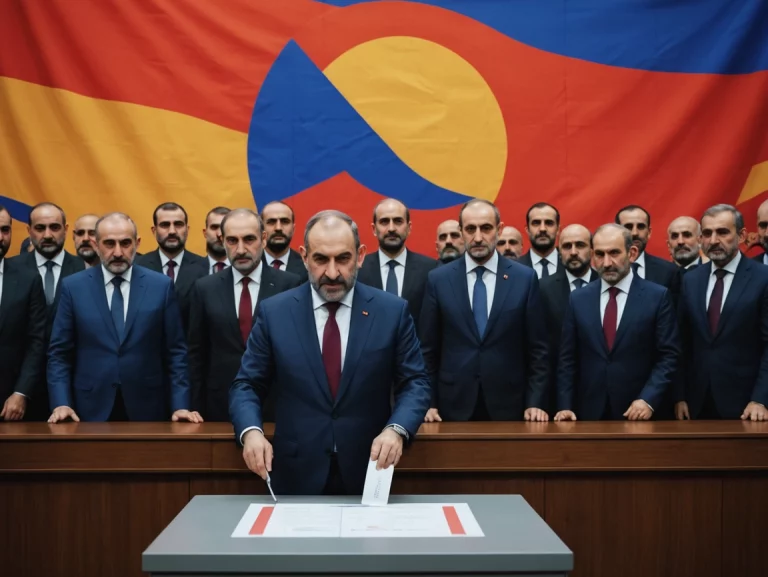
Fitness and finance embody contradictory theories; finding truth requires navigating context specific beliefs, promoting critical thinking, and addressing disinformation responsibly.
Our culture is packed with concepts that have directly contradictory foundational beliefs. Amongst my favourites are fitness and finance. The world of fitness is based on two doublethink-esq opposing theories of overtraining versus high-volume training. Concerns about overtraining suggests that without adequate rest and recovery the body will experience negative effects on muscle growth. This leads to a minimalistic approach to training with shorter, workouts and longer rests. On the other hand, many fitness experts advocate the opposite: high-volume training protocols to stimulate muscle growth through maximum muscle damage and metabolic stress. People following it will do longer workouts with little rest between them. Each theory has it supporters and its extremists – such as Arnold Schwarzenegger on one side and Mike Mentzer on the other – which can lead to wildly different training plans; one prioritising more exercise, the other prioritising less. It is hard to tell which is right because people following both seem to make progress and even, on occasion, become champions.
Finance is also dominated by contradictory beliefs. The first says markets are efficient. Market efficiency theory is that asset prices reflect all available information, making it difficult for investors to outperform the market through stock picking or asset selection. Conversely, market inefficiency proponents believe the opposite, that diligent analysis and selection of individual stocks can lead to superior returns, even in generally efficient markets. The debate between these two theories continues a decades long struggle to dominate investment strategies. Some of this polarization between theories of finance and fitness can be explained by financial incentives. People will use promotion of a particular theory to sell a high-intensity training program or to encourage investment in an expensive stock-selection fund. But it doesn’t feel like this self-serving explanation can account for all the debate. There are examples on both sides of people without financial incentives enthusiastically supporting one side or another.

The problem extends beyond workouts and investments. Take the term fascism. There are few more emotive words in the English language, but ask people what it means and you will get a number of different answers. Some of this can be attributed to the fact it has changed meaning over time, but even allowing for this it is still surprising how varied descriptions are, and how few seem rooted in a factual historic context.
Similarly, the definition of the extreme left is hard to pin-down. It is no longer guided by Marxist/Leninist criticisms of capitalism and feels more of a cultural opposition to an economic elite. If foundational concepts such the politics of the extreme left or the extreme right – which have been discussed and studied for decades – are not well defined, we will struggle to get to the truth on less well understood, more dynamic issues. Or perhaps we will struggle even to get to the point of being clear about where we disagree. Overlay elements of cyber security and things get murkier yet. Anonymity and impersonation are easier on the internet, as are reach and scale; ideas spread faster and it’s hard to tell from where they have come.
The truth about the debates around both fitness training and market efficiency is that multiple positions can be correct depending on the context and the individual. Market efficiency and stock picking could both work depending on an investor’s goals, time horizon, risk tolerance, information asymmetries, and consistency through their belief in a particular system and therefore willingness to stick with it. Similarly, the answer to whether someone should prioritize more or less training is that ‘it depends’. Finding the right balance between training volume, intensity, and recovery is key to maximizing muscle growth while minimizing the risk of over-training and injury. Individual factors such as training experience, genetics, recovery capacity, and lifestyle play a role in determining the most appropriate training approach for everyone.
Many situations are sufficiently complex to allow multiple interpretations, many of which are, at least partially, true. To have a complete treatise of significant concepts or events would take multiple books and a lifetime of study. This makes us reliant on expert opinion and summaries, which gives the expert or summarizer discretion about what to include. The need for summary along with a human tendency to want to believe in unifying theories, subconscious bias, and sometimes financial incentives for picking one side or another, are driving factors in the creation of narratives which aren’t the whole truth.
The ‘everything is complicated’ argument could lead to fence-sitting, nihilistic indifference, and cause people to give up trying to understand critical issues at all. That would be the worst possible outcome. As Dante (supposedly) said, ‘the hottest places in Hell are reserved for those who in time of moral crisis preserve their neutrality’. We need people to engage with the debates but to do so from a thoughtful and informed position.

A lot of things annoyed Napoleon. Particularly when it came to the British. One thing he really could not tolerate was the British press accusing him of recreating the French Monarchy. This was particularly irksome because it was, at least in part, true. Napoleon repeatedly appealed to the British Government asking them to intervene. The things the press said about him were often true but also often taken out of context and exaggerated. In Napoleon’s view, there was scope for Government intervention in the sake of bilateral relations. He could not understand the sanctity with which the press was treated and why the smallest nudge, even for the sake of accuracy, was off the table.
Press freedom is not new and on balance has been a positive force for the world but, for the reasons previously mentioned, it can be difficult to work out where the boundaries are. The challenge of getting to the truth, sometimes combined with a more self-serving attempt to keep the press onside for political advantage, have created a hands-off culture towards disinformation by western governments. It isn’t hard to understand why governments are wary about stepping into this mire.
If governments struggle and the problem is increasing we will have to look elsewhere for solutions. Disclaimers like the one currently on ChatGPT are a place to start. At the time of writing it says: ‘ChatGPT can make mistakes. Consider checking important information’. It could more accurately say ‘Chat GPT makes mistakes all the time, check important information’, but it is a step in the right direction.
Informational hubs on the internet, such as search engines and social media, could carry caveats reminding people there are few, if any, controls on what people are allowed to say. Critical thinking and media literacy should be taught as basic subjects in school modeled after successful initiatives in European countries, which can help people recognize false information and reduce susceptibility to manipulation.
Foundation language models like ChatGPT are going to be part of the problem because they make generating informational content easier, but they will also be part of the solution. They don’t have egos or agendas (at least in the current versions). You can tell them to present opposing views, to critique their own writing and to highlight logical fallacies and assumptions. If used thoughtfully, they could be net-positive in combating disinformation.




